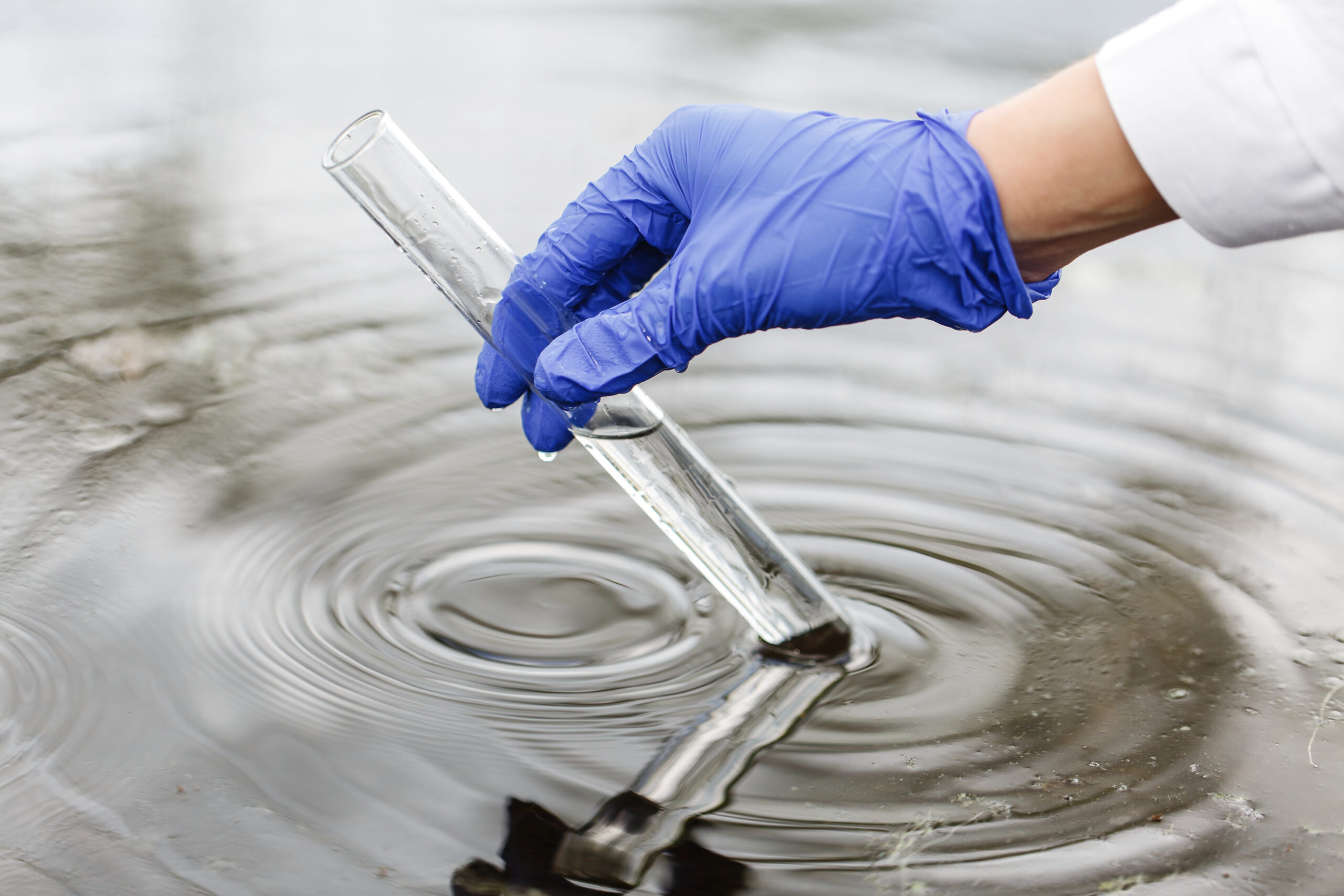The level of non-revenue water (NRW) in South Africa is escalating to a point that is not sustainable, with nearly 50% of the water transported through the nation’s infrastructure disappearing due to leaks, theft, or nonpayment.
Nevertheless, technology can contribute to reducing NRW, a problem that has seen a substantial rise since the Department of Water and Sanitation’s (DWS) last ‘No Drop’ report was published in 2015.
According to the most recent ‘No Drop Watch’ report, the non-revenue water (NRW) rate has risen from the 2015 figure of 35% to 46.4% as of June 2022, significantly surpassing the international average, which is typically below 30%. Concurrently, water losses have reached 40.7%.
In practical terms, this translates to a total NRW volume of 1,988.50 million cubic meters annually, representing the water that municipalities are unable to recover revenue for. The recorded water losses, comprising both apparent and actual losses, now stand at 1,744.7 million cubic meters annually.
Remarkably, this amounts to nearly half of the preliminary 2021/22 national system input value (SIV), which is the quantity of water treated for municipal use, totaling 4,282.5 million cubic meters each year. When a leak or issue arises:
The city owns the water meter and the supply line from the street to the water meter. A water leak could occur before the meter (typically not affecting your bill), at the meter (which may or may not result in a bill increase), or between the meter and your house (which will likely increase your bill). The city is responsible for the water pipe between the meter and the boundary wall of the consumer’s property, as well as the meter itself. The consumer is responsible for any water pipes within their property boundaries.
The city bears the responsibility of investigating and addressing leaks that occur at the meter, as the meter is city-owned, and tampering with it constitutes a criminal offence. Additionally, the city is responsible for addressing leaks that occur between the meter and the consumer’s property boundary (although this typically doesn’t affect the bill). If a leak occurs within the boundary of your property, it becomes your responsibility to investigate and rectify.
This responsibility extends to streets, public areas, and government property.
MEB employs proven and award-winning technology for leak detection and repair, having supplied, trained, and supported numerous South African organisations. In alignment with the South African government’s War on Leaks initiative, we provide cutting-edge systems dedicated to accurately detecting leaks in municipal water infrastructure.
By implementing MEB’s leak detection and repair solutions, you can transform your operational efficiency, enhance water accessibility, and improve water quality. MEB possesses specialised equipment for evaluating and reporting faults related to electricity, water, and wastewater. This not only reduces response time and increases efficiency but also lowers call-out expenses and eases the strain on manpower resources.

